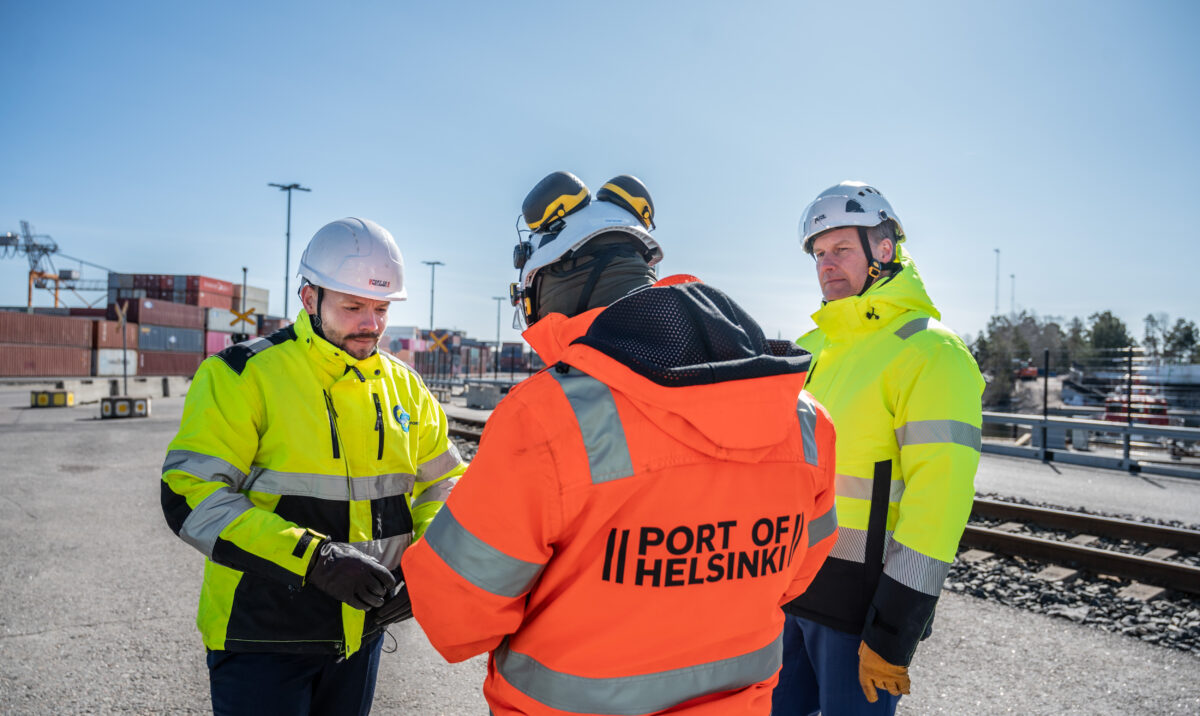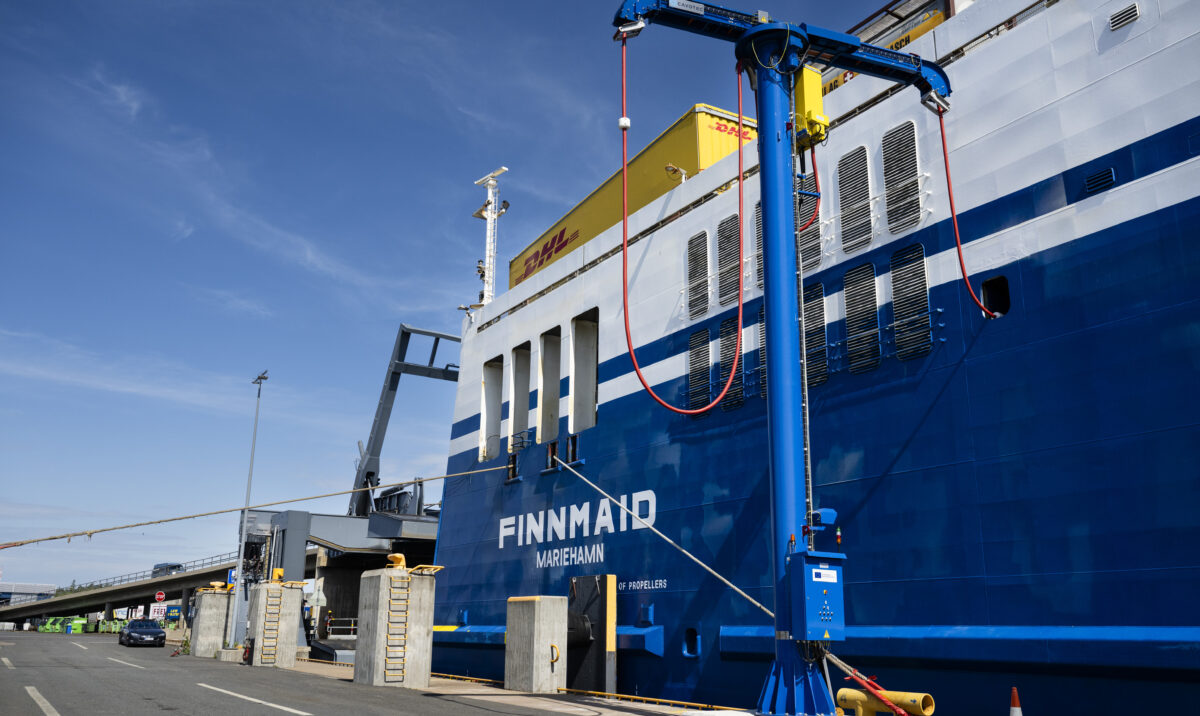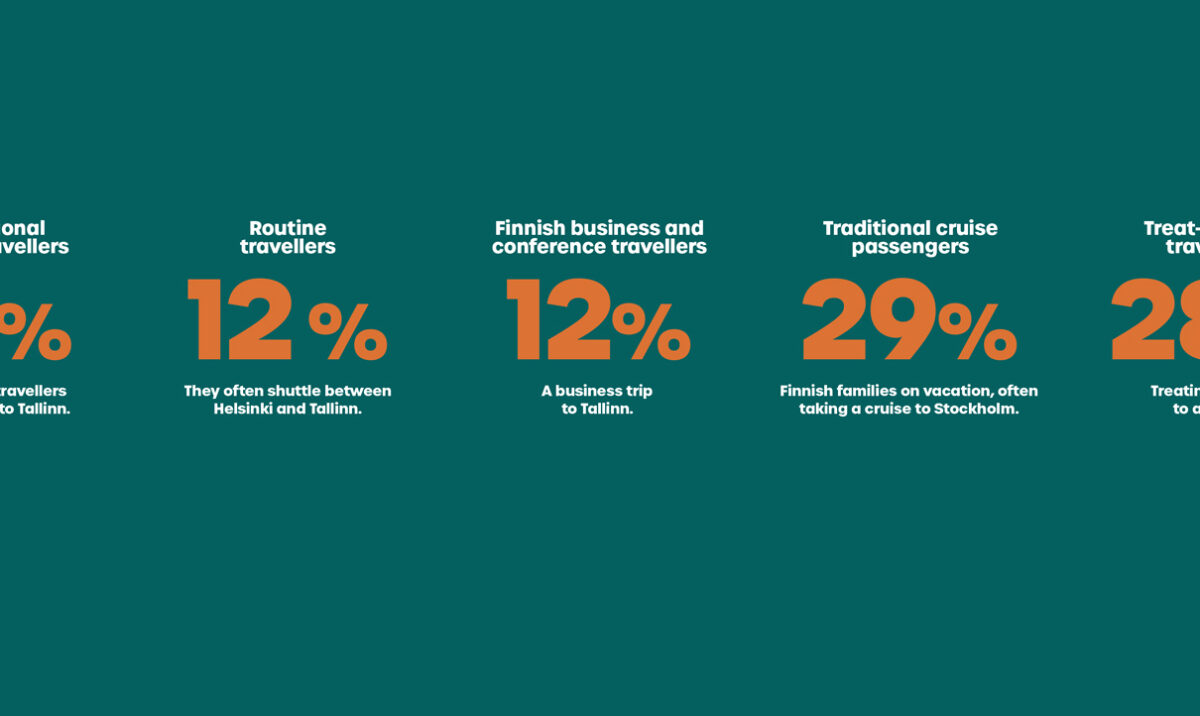We will be voting on the future of both Finland and Europe

The European parliamentary elections offer an important opportunity to influence the future of both the EU and its decision-making. EU tables also need decision-makers who understand the importance of ports and shipping. Functional ports are not only an integral part of Europe’s internal market and economy – they also play a key role in comprehensive security and climate action. Finland is currently highly dependent on maritime transport, with no less than 96 per cent of the country’s imports and exports being delivered by sea. In the long term, we must ensure that our northerly conditions are properly understood.
The European Commission’s report on the state of the EU’s internal market, which was commissioned by former Italian Prime Minister Enrico Letta, was published in April. The report, titled “Much more than a Market”, underlines the fact that the strategic development of the transport sector is essential for the EU’s green transition. According to the report, the EU must assess and avoid activities that result in any undesirable transfer of traffic or changes in modes of transport, such as from EU ports to non-EU ports or from maritime transport to road transport. The report also highlights the potential for maritime transport within the EU, and particularly the complex reporting and customs procedures related to port visits.
In recent years, the EU has increasingly employed horizontal regulation across all sectors. This has led to a veritable flood of regulations that have proved challenging for many operators. The idea of less-but-better regulation is not new, but the process is still ongoing. It is still important to avoid regulations that are overly detailed or prioritise certain technologies. One item concerning ports and maritime traffic should be mentioned: the International Maritime Organisation’s (IMO) planned measures to curb greenhouse gas emissions. As the EU represents its Member States in the IMO, the EU must ensure that they do not become subject to double guidance or cost burdens.
The sector will need to make considerable investments in order to make the maritime transport value chain greener – and will require support from both Member States and the EU. According to our umbrella organisation, the ESPO, Europe needs to make enormous investments in its ports: about EUR 80 billion over the next ten years. Letta’s report recommends revising the Connecting Europe Facility (CEF) to better address new challenges, such as climate change resilience and military mobility requirements. As the clean transition progresses, it is essential for ports to be able to participate in decisions on energy policy and licensing.
Finnish ports are at the forefront of the EU’s priorities: they hold a strategic position in competitiveness, comprehensive security and driving the clean transition. By selecting European parliamentary representatives who understand the significance of ports and shipping, and who are interested in committee memberships that are important to the sector, such as the Committee on Transport and Tourism (TRAN) and the Committee on Environment, Public Health and Food Safety (ENVI), we can ensure that Finland and Europe remain competitive, secure and environmentally friendly. During the June parliamentary elections, we will be voting on the future of both Finland and Europe.





